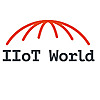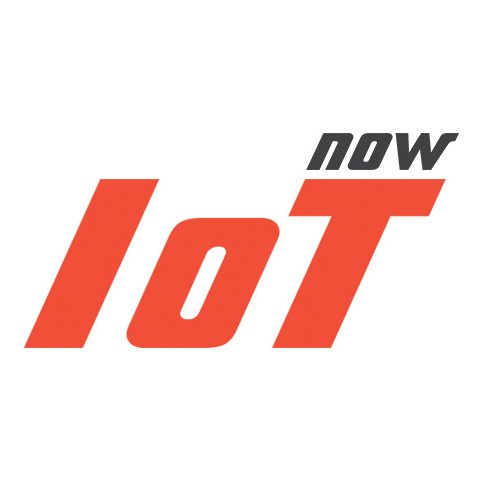
A new IoT business model is emerging: the IoT subscription model could reshape the UX of many IoT devices.
Businesses are starting to offer IoT device subscriptions, charging clients a monthly premium to use the smart technology. The subscriptions include additional features, like a dedicated support team and personalization.
The subscription model and these new features could soon have a significant impact on usability and user experience.
What Is the IoT Subscription Model?
With the IoT subscription model, companies charge a recurring fee, usually monthly, for continued use of a device or suite.
Companies typically offer the IoT device for a lower-than-usual cost, or even for free, then regularly charge customers to use it. It will stop working if the client stops paying, much like the software-as-a-service model, where customers pay regularly for cloud-based subscription software.
The model offers providers a recurring revenue stream that may be more predictable than IoT sales alone. Subscriptions can also help providers access new markets and reach customers who may have been otherwise put off by the high initial costs of their devices.
It can also help customers reduce the cost of a new IoT device, although the potential of having their access cut off or reduced due to a missed payment could make the bargain less appealing.
Several IoT device manufacturers are already experimenting with the model. Home security suite SimpliSafe, medical alert bracelet Alert1, and pet GPS tracker Whistle are all examples of IoT devices requiring a subscription to function or access all features.
How Could Subscriptions Impact User Experience?
An IoT subscription model could impact users much like existing subscription models. Implementation could have a major effect on the ultimate impact on UX.
For example, many businesses that pivot to the subscription model may begin offering dedicated troubleshooting and customer support. Customer support is often key to good UX, and getting an effective team could help make IoT devices much more usable.
However, businesses that neglect support may find themselves losing customers. Paying for a device regularly but receiving little to no help when it malfunctions can be extremely frustrating and may encourage customers to look to the competition.
Subscription services can also enable greater personalization for users. A recurring monthly payment means businesses have more incentive to tailor services and device function to users’ needs, based on information collected from the IoT items, their sites, and other sources.
Many existing subscription services offer personalized features that help drive growth and encourage existing subscribers to stay.
Risks and Challenges of the Subscription Model
Implementation of the subscription model could also potentially hurt UX. For example, an IoT device that makes frequent subscription checks, ensuring the user is still subscribed, could harm the performance of other functions.
False negatives on a subscription check could unnecessarily lock a customer out of using their device for some time or until they call a support hotline.
These inconveniences could have a much greater effect on a user’s overall experience when the usability of an IoT device is on the line. Glitches in the resubscription process could mean customers lose functionality or access to their IoT device altogether.
New IoT Subscriptions Could Have a Major Impact on UX
The subscription business model for IoT devices offers advantages to businesses and customers. However, the potential risks of the model could negatively impact UX.
Businesses that want to implement a subscription-based IoT model should consider potential pitfalls and be ready to avoid them. A smooth process and features like personalization and dedicated support will ensure customers truly benefit from the new model.




 Related Podcast Episode
Related Podcast Episode




 Related Applications
Related Applications


 Latest IoT News
Latest IoT News







